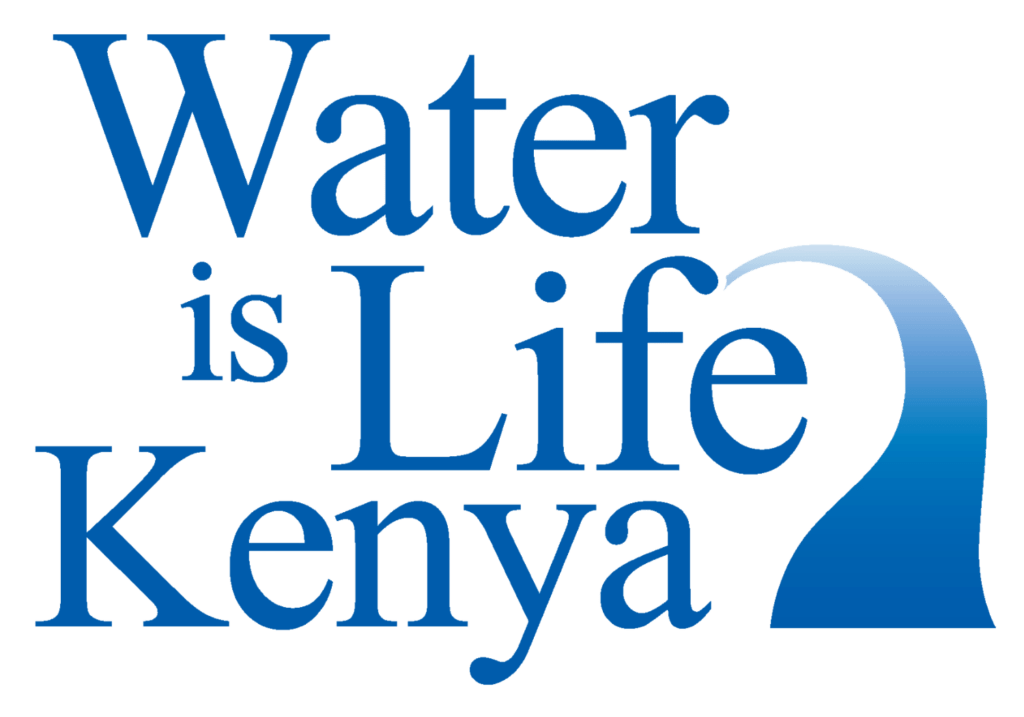About Us
We are water is life kenya
Who We Are
Water is Life Kenya (WILK) is a 501(c)(3) registered nonprofit (Tax ID number: 26-3185829). Founded by Joyce Tannian of Newark, Delaware and Joseph Larasha of Kenya, WILK is a US-based charitable organization who operates with boots on the ground in Kajiado County, Southern Kenya.
For 15 years years WILK has worked primarily with indigenous Maasai people in southern Kenya. What began as an effort to install water, sanitation, and hygiene (WASH) projects has evolved into a model for just development. For these communities, water is just the beginning. We don’t just drill wells–we empower local communities to care for themselves. We help in the following ways:
- WASH Projects
- Livestock As a Business
- Hope For Widows
- Beaded Handicrafts
Our WASH Projects, whether boreholes, shallow wells, rainwater collection, storage tanks, or pipeline connections, function to increase access to clean water for Kenyan families.
Our LAB program is a 4-year educational training program where we teach individuals best-practices for raising, caring for, and profiting off of their livestock, the sole form of subsistence of most Maasai communities in our region
A subsection of LAB beginning in 2022, the Hope for Widows program supports local widows’ ability to network, learn from, and empower each other by organizing and pooling resources.
Beaded Handicrafts is part of our income generation method. We source handmade glass and paper-beaded jewelry from local Kenyan artisans. We then sell these fair-trade handicrafts to a US market, increasing income for artisans while spreading awareness of Maasai people & their culture to a wider audience. You can support our mission by shopping our beaded handicrafts today.
Due to our strong, grassroots US donor support and low overhead, millions of dollars have been channeled through Water is Life Kenya and into developing Southern Kenyan economies, benefiting more than 70,000 community members. Most importantly, our programs have helped women and young girls who were traditionally burdened with obtaining water. By not having to walk long distances to obtain water, girls are free to pursue education. Girls who stay in school have improved income opportunities and can help their families in the future. In addition, with girls staying in school longer, they can have fewer pregnancies, which leads to lower maternal mortality rates and better chances for gender equality.

